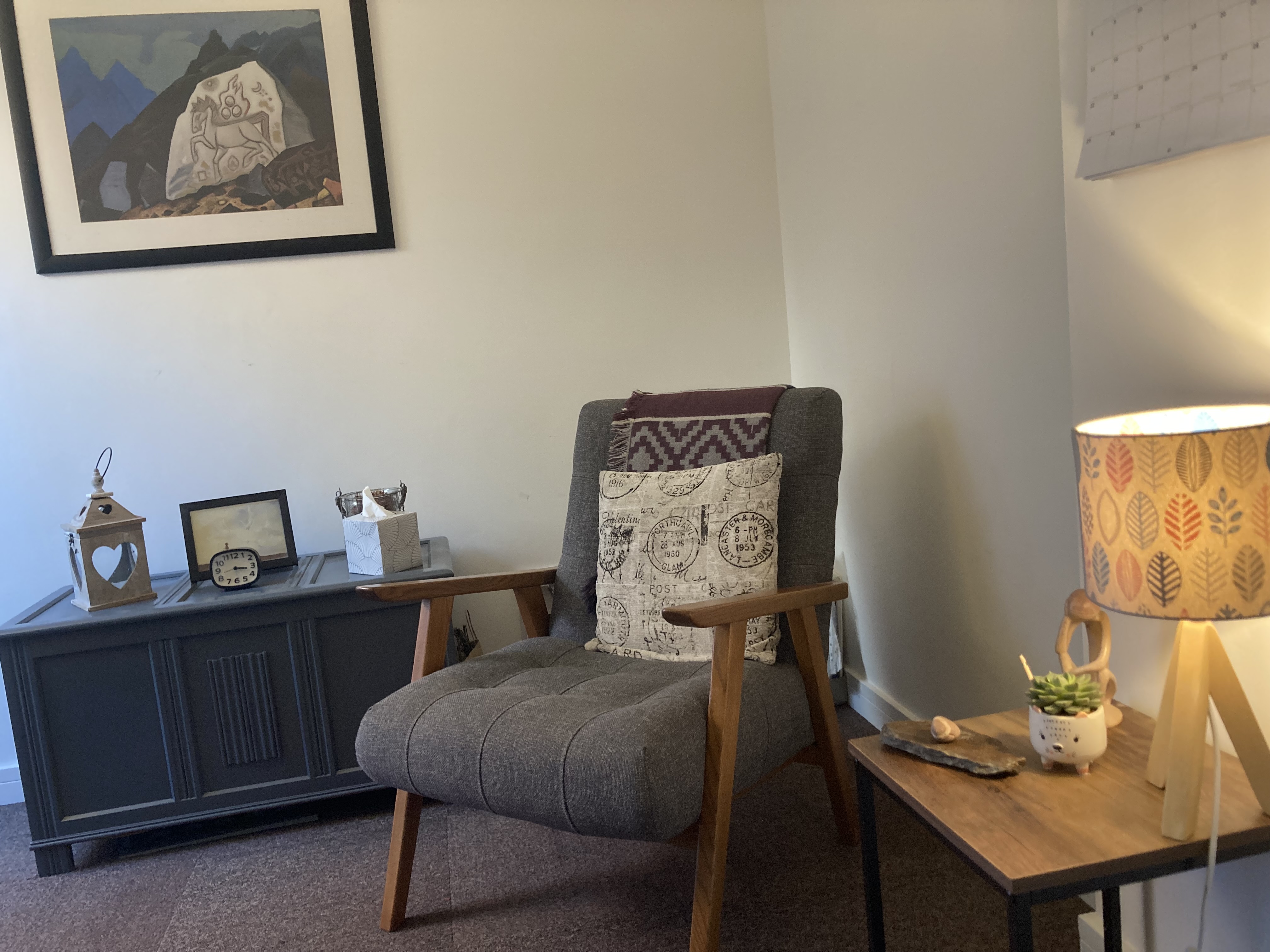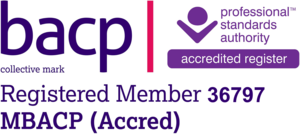About Counselling 
People come to counselling and psychotherapy for many reasons: to explore difficulties and problems from the present or past as well as to find meaning and purpose in their life. When life feels like a struggle it can be hard to make sense of what is going on. At these times counselling can be a useful way to explore difficulties in a private setting away from the people and issues you are struggling with.
Otter Counselling is founded on the idea that counselling should be accessible and make sense to people who don’t work in the sector. I don't use jargon, or come across as the expert who can sort you out. I work with you, noticing where we are similar as ordinary people and where there is a difference because of my training and experience.
The counsellor is not there to advise you or tell you what to do but to help you come to some understanding of your situation and make your own choices.
How it can help
Therapy has been shown to be an effective way for many people to achieve well-being. Research shows that 8 out of every 10 people who attend therapy feel better compared to not having therapy.
Three key factors leading to successful outcomes include:
- the intentions and approach of the client
- clarity and agreement about the focus of therapy
- the relationship between the client and counsellor.
This relationship is now at the heart of most therapy models. This mirrors findings in neuroscience that show how in early life the relationship between baby and carer is the catalyst for brain development and emotional and relational ability. Findings also show that the brain has plasticity and can set up new pathways where they did not exist before! This is really important as it tells us that relational based counselling really can play a part in helping clients to become more emotionally competent.
Will it help me?
Coming to counselling is a big step and many people want to know if it will make any difference –especially if you are starting at a low ebb.
First of all it’s not a quick fix! Like many things in life what you get out of something is directly connected to what you put in.
If you are ready to look honestly at yourself and ways of relating to others; to consider patterns of thinking feeling and acting that may be unhelpful–then it is highly likely you will see some results
Some of the benefits I have seen people experience include: - Better relationships with loved ones
- Increased productivity at work
- Better able to organise and set priorities
- Clearer boundaries and assertiveness without guilt
- Letting go of unhelpful patterns
- Increased sense of self worth
- Increased contentment and enjoyment of life
- A more active and healthy lifestyle
- A sense of contentment and peace
The practicalities
You can choose to work in a traditional indoor setting in Honiton, or outside in various locations in East Devon and also further afield.
Outdoor sessions last for 90 minutes. In our first session we will explore the reasons why you have come to therapy and what you hope to get from the process. We will look at the resources you have in your life as well as the difficulties and we will make an agreement about the emphasis of our work together.
FAQ
How many sessions do I need? There’s no prescribed length of sessions, some people come for 10 others for 20, some for a couple of years or more. If people decide to work with me I usually suggest a minimum of 6 sessions to give enough time for some kind of process to happen.
How much do sessions cost? I charge £60.00 for indoor sessions (1 hour) and £80 for outdoor sessions (90 mins, usually fortnightly) payable at the end of each session. I do have a few low cost places which are agreed by negotiation.
How do you set your fees? I have had to pay for my training and other professional costs such as supervision and CPD, the rate reflects these costs and is the market rate for the service I offer.
What if I want to stop therapy? That’s up to you. I’ll always encourage you to have a least one extra session to review our work together and make an ending as well as exploring the reasons for stopping, but I won’t seek to prolong therapy if you wish to end.
What if you aren’t experienced in my problems? In my experience a lot of the issues people struggle with in life are, in essence about their relationships with other people, which is why I place an emphasis on a relational approach to counselling. However if I think I don’t have the right skills to offer you the support you need I will recommend you to another colleague or organisation that are better able to support you.
What is the difference between counselling and psychotherapy?
This subject is debated a lot within the industry. Currently there is considered to be no difference between the two titles. In practice psychotherapy is usually more long term work and counselling is more short term. For more information see the BACP website
What if I need to miss a session? I know that life can get in the way of the best laid plans and I try to be as flexible as I can. In order to avoid a charge for a missed session please give me 48 hours notice that you can’t make the session. With less than 48 hours notice I may need to charge you the full fee unless I can offer the time to someone else.
How do I know you are competent? I have undertaken basic and advanced training in counselling and have supervision to monitor my work. I belong to a professional organisation (BACP) that sets standards for the industry and to whom I am accountable. I also follow their code of ethics. I undertake Continuing Professional Development and undertake my own therapy. I endeavour to keep a good work /life balance. All of these things I believe enable me to work competently and with integrity.
What if I am in crisis? I will do my best to contact you as soon as possible, however if you need urgent support please consider the following:
Samaritans 08457 90 90 90 24 hrs a day
Women's Aid Freephone 24 hr National domestic violence helpline PHONE: 0808 2000 247 Email: helpline@womensaid.org.uk
NSPCC if you are worried about the welfare of child call the NSPCC helpline on 0808 800 5000 If you are a child or young person ring Childline on 0800 1111
For emergency mental health, child care and welfare crisis out of hours in Devon contact 0845 6000388, in Dorset 01202 657279 and in Somerset 01458 253241.
If you, or someone else is in immediate danger dial 999.



